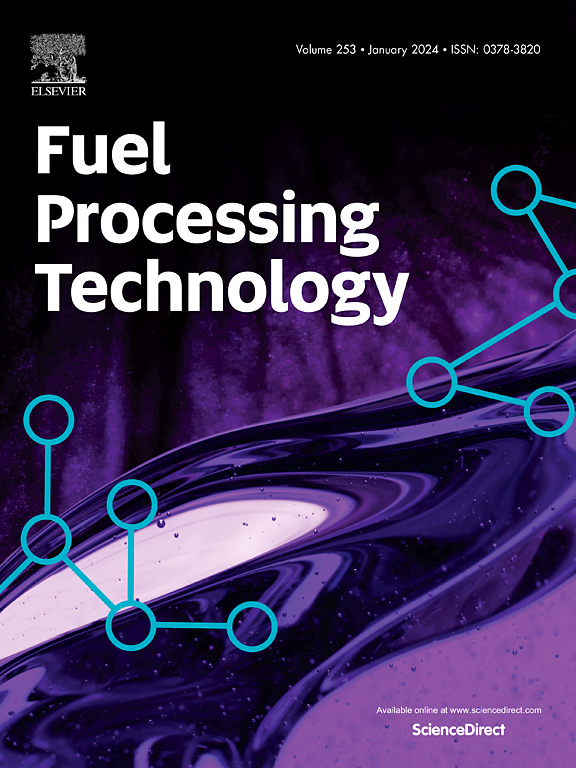Influence of fuel formulation on exhaust emissions from gasoline direct injection vehicle
IF 7.7
2区 工程技术
Q1 CHEMISTRY, APPLIED
引用次数: 0
Abstract
Fuel formulations are adjusted seasonally to optimize engine performance and emissions control. This study examines the impact of these changes on emissions from a Euro 6 vehicle during a real driving emissions cycle in Madrid, Spain. Keeping temperature constant, we compared winter and summer gasoline. Results show that using winter gasoline in summer increases nitrogen oxides emissions by 12.6 %, while in winter, it raises particulate emissions by 17.2 % compared to summer gasoline. Additionally, in a typical scenario—using summer gasoline in summer and winter gasoline in winter—particle emissions were 17.7 % higher with winter gasoline. These findings highlight the need to refine fuel formulations, as internal combustion engines will continue to coexist with electric and hybrid vehicles, especially in freight transport, agriculture, and rural mobility. Understanding how seasonal gasoline variations affect emissions is crucial for developing strategies to reduce environmental impact and improve air quality year-round.

燃油配方对汽油直喷汽车尾气排放的影响
为了优化发动机性能和排放控制,燃料配方会随季节进行调整。本研究考察了在西班牙马德里的实际驾驶排放周期中,这些变化对一辆欧 6 车辆排放的影响。在温度不变的情况下,我们对冬季汽油和夏季汽油进行了比较。结果显示,与夏季汽油相比,夏季使用冬季汽油会使氮氧化物排放量增加 12.6%,而冬季使用冬季汽油会使颗粒物排放量增加 17.2%。此外,在夏季使用夏季汽油、冬季使用冬季汽油的典型情况下,冬季汽油的颗粒物排放量比夏季汽油高出 17.7%。这些发现凸显了改进燃料配方的必要性,因为内燃机将继续与电动汽车和混合动力汽车并存,尤其是在货运、农业和农村交通领域。了解汽油的季节性变化如何影响排放,对于制定全年减少环境影响和改善空气质量的战略至关重要。
本文章由计算机程序翻译,如有差异,请以英文原文为准。
求助全文
约1分钟内获得全文
求助全文
来源期刊

Fuel Processing Technology
工程技术-工程:化工
CiteScore
13.20
自引率
9.30%
发文量
398
审稿时长
26 days
期刊介绍:
Fuel Processing Technology (FPT) deals with the scientific and technological aspects of converting fossil and renewable resources to clean fuels, value-added chemicals, fuel-related advanced carbon materials and by-products. In addition to the traditional non-nuclear fossil fuels, biomass and wastes, papers on the integration of renewables such as solar and wind energy and energy storage into the fuel processing processes, as well as papers on the production and conversion of non-carbon-containing fuels such as hydrogen and ammonia, are also welcome. While chemical conversion is emphasized, papers on advanced physical conversion processes are also considered for publication in FPT. Papers on the fundamental aspects of fuel structure and properties will also be considered.
 求助内容:
求助内容: 应助结果提醒方式:
应助结果提醒方式:


